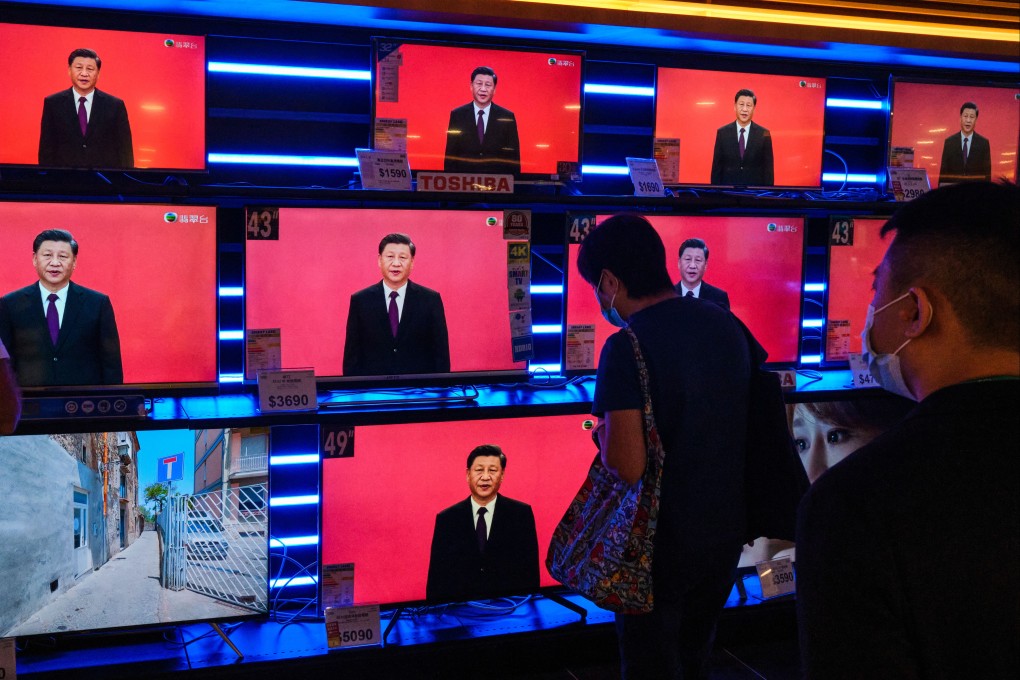Opinion | Why Asia-Pacific governments should let independent news thrive
- A lack of protection or even downright crackdowns on news and journalists hurt more than liberal freedoms – markets and economic growth also depend on the free flow of news and information to thrive

A free and thriving news industry is essential to a functioning society – not just because quality journalism serves as the public’s bulletin board, commentator, fact checker, historian and conscience, but also because it plays an important yet often overlooked role in catalysing economic growth.
Besides the news industry’s commercial activity and job creation, businesses also depend on the accurate information it publishes to make key decisions, cementing the news as an indirect driver of economic activity. Without the free flow of credible and verifiable information provided by the news, the resulting lack of decision-making and investing confidence hinders both market and business growth.
Despite these proven benefits, many governments in the Asia-Pacific are moving in the wrong direction in their treatment of the media industry – in some cases, downright cracking down on news.
Against this backdrop, there has, unsurprisingly, been a lot of gloomy sentiment about the media industry in the last few decades. It has even become a bit of a cliché to say the industry is dying.

